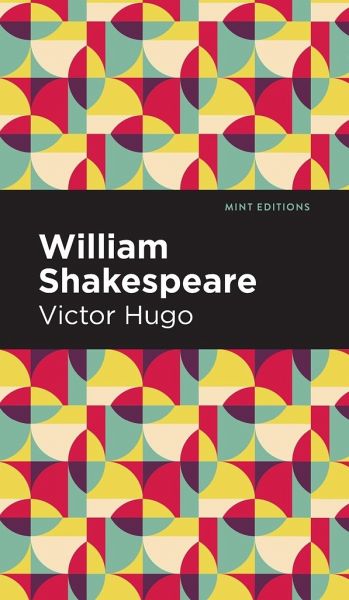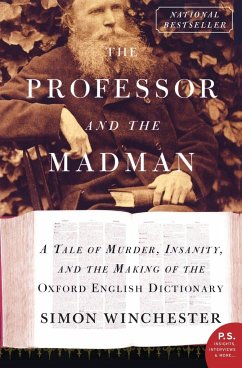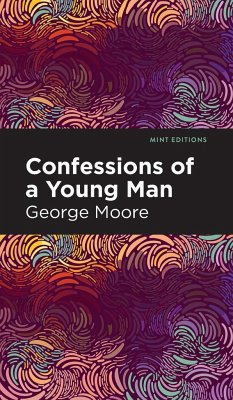
William Shakespeare
Versandkostenfrei!
Versandfertig in 1-2 Wochen
20,99 €
inkl. MwSt.

PAYBACK Punkte
10 °P sammeln!
William Shakespeare (1864) is an experimental biography by Victor Hugo. Written while the poet was living in exile on the island of Guernsey, William Shakespeare was doomed to fail at its conception. Condemned by critics who expected Hugo to focus on the works of the Elizabethan playwright, William Shakespeare is in reality a sweeping biography of literature itself, a touching tribute to the spirit of creativity which defines humanity's life on earth and beyond. "There are men, oceans in reality. These waves; this ebb and flow; this terrible go-and-come; this noise of every gust; these lights ...
William Shakespeare (1864) is an experimental biography by Victor Hugo. Written while the poet was living in exile on the island of Guernsey, William Shakespeare was doomed to fail at its conception. Condemned by critics who expected Hugo to focus on the works of the Elizabethan playwright, William Shakespeare is in reality a sweeping biography of literature itself, a touching tribute to the spirit of creativity which defines humanity's life on earth and beyond. "There are men, oceans in reality. These waves; this ebb and flow; this terrible go-and-come; this noise of every gust; these lights and shadows; these vegetations belonging to the gulf [...] -all this can exist in one spirit; and then this spirit is called genius, and you have Aeschylus, you have Isaiah, you have Juvenal, you have Dante, you have Michael Angelo, you have Shakespeare; and looking at these minds is the same thing as to look at the ocean." For a writer of Hugo's stature, whose poems, plays, novels, and essays earned him a reputation on an international scale as one of the nineteenth century's premier artists, there is always the chance that the myth will outlast the man, and that the work will fall victim to idolization. In William Shakespeare, he leans into this tendency to immortalize the artist while forgetting the art. Begun as a simple introduction to his son's translation of Shakespeare's works into French, the project ballooned into something much greater, allowing Hugo to meditate on the nature of creativity and to situate the contribution of one writer within the history of humanity itself. This edition of Victor Hugo's William Shakespeare is a classic work of French literature reimagined for modern readers. Since our inception in 2020, Mint Editions has kept sustainability and innovation at the forefront of our mission. Each and every Mint Edition title gets a fresh, professionally typeset manuscript and a dazzling new cover, all while maintaining the integrity of the original book. With thousands of titles in our collection, we aim to spotlight diverse public domain works to help them find modern audiences. Mint Editions celebrates a breadth of literary works, curated from both canonical and overlooked classics from writers around the globe.












